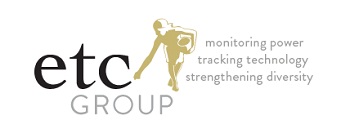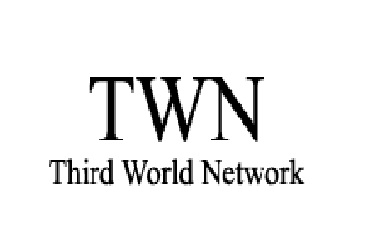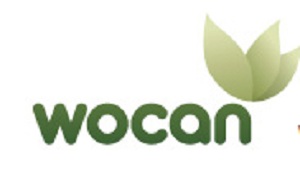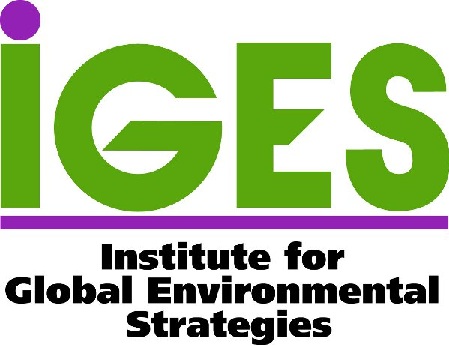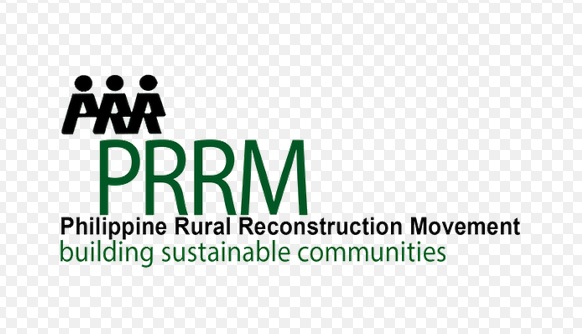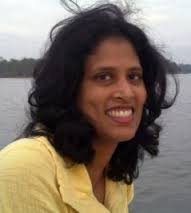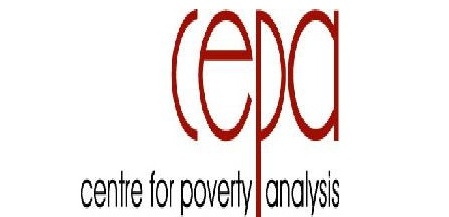An Advisory Group (AG) consisting of individuals that have extensive knowledge on sustainable development and civil society engagement supports the work of the TC.

Elenita Dano, Erosion, Technology and Concentration (ETC) Group
ETC Group works to address the socioeconomic and ecological issues surrounding new technologies that could have an impact on the world’s poorest and most vulnerable people. We investigate ecological erosion (including the erosion of cultures and human rights); the development of new technologies (especially agricultural but also other technologies that work with genomics and matter); and we monitor global governance issues including corporate concentration and trade in technologies. We operate at the global political level. We work closely with partner civil society organizations (CSOs) and social movements, especially in Africa, Asia and Latin America.
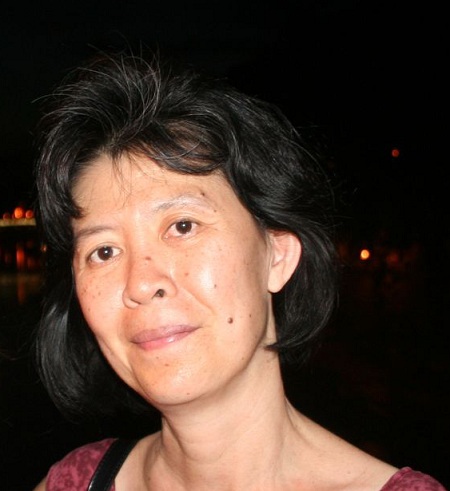
Yoke Ling Chee, Third World Network (TWN)
TWN is an independent non-profit international network of organizations and individuals involved in issues relating to sustainable development, the South and North-South relations. Its objective is to promote the interests and perspectives of the South by conducting research on economic, social and environmental issues pertaining to the South; publishing books and periodicals; organizing and participating in meetings; and providing a platform to broadly represent Southern interests and perspectives at international fora and processes such as the United Nations.
Meena Bilgi, Women Organising for Change in Agriculture (WOCAN)
WOCAN’s mission is to build the leadership of women in agriculture and natural resource management for organizational transformation for gender equality through an innovative approach of partnering with motivated professional and rural women. WOCAN’s global network of members provides skills in agriculture and natural resource management technologies, gender mainstreaming, organizational change, negotiation, policy and decision-making, participation, advocacy and women’s leadership to secure women’s equal access to and control of resources and benefits to improve the livelihoods of rural people.

Simon Olsen, Institute for Global Environment Strategies, (IGES)
The Institute for Global Environmental Strategies (IGES) was established in March 1998 under an initiative of the Japanese government and with the support of Kanagawa Prefecture based on the “Charter for the Establishment of the Institute for Global Environmental Strategies”. The aim of the Institute is to achieve a new paradigm for civilization and conduct innovative policy development and strategic research for environmental measures, reflecting the results of research into political decisions for realising sustainable development both in the Asia-Pacific region and globally. IGES made the transition to a Public Interest Incorporated Foundation in April 2012.
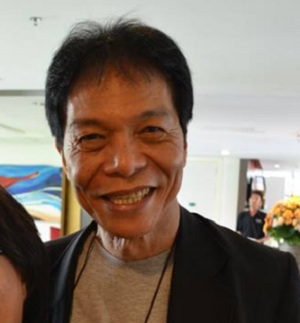
Isagani R. Serrano, Social Watch Philippines/Philippines Rural Reconstruction Movement (PRRM)
The Philippine Rural Reconstruction Movement was founded in 1952. It traces its roots to China where, in the early 1900s, the rural reconstruction movement was born, inspired and led by Dr. Y. C. James Yen “Yen Yangchu”. PRRM, a movement committed to the caused of the Filipino peasant, began as a small group of prominent Filipinos led by Dean Conrado Benitez of the University of the Philippines.
Karin Fernando, Center for Poverty Analysis (CEPA)
The Centre for Poverty Analysis (CEPA) is an independent, Sri Lankan think-tank promoting a better understanding of poverty-related development issues. CEPA believes that poverty is an injustice that should be overcome and that overcoming poverty involves changing policies and practices nationally and internationally, as well as working with people in poverty. CEPA strives to contribute to influencing poverty-related development policy, at national, regional, sectoral, programme and project levels.

